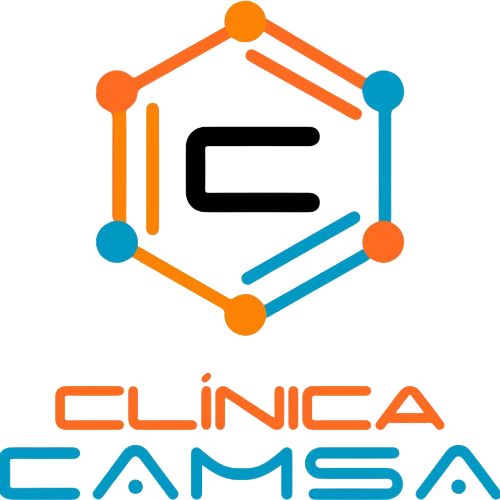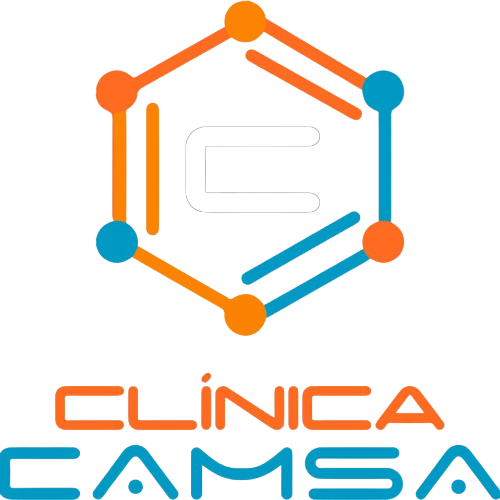Longevity Treatments: Unlocking the Secrets to a Longer Life In our quest for a longer and healthier life, the field of longevity treatments has emerged as a fascinating area of research. With advancements in science and medicine, scientists are exploring various strategies to extend human lifespan and delay the onset of age-related diseases. Let’s delve into some of the most promising longevity treatments that hold the potential to revolutionize healthcare.
Caloric Restriction
One of the most well-known longevity interventions is caloric restriction. Studies have shown that reducing calorie intake while maintaining proper nutrition can extend lifespan and improve overall health. By activating certain cellular pathways, caloric restriction promotes cellular repair and reduces the risk of age-related diseases.
Genetic Manipulation
Another exciting avenue in longevity research is genetic manipulation. Scientists are investigating genes that play a role in aging and developing techniques to modify them. For instance, the gene SIRT1 has been linked to longevity, and its activation through drugs or lifestyle changes shows promise in extending lifespan.
Senolytics
Senescence, the process of cellular aging, contributes to various age-related diseases. Senolytics are drugs that target senescent cells and promote their clearance from the body. By removing these “zombie cells,” senolytics have shown potential in rejuvenating tissues and delaying age-related decline.
Hormone Replacement Therapy
Hormonal changes often accompany aging and can impact overall health. Hormone replacement therapy (HRT) involves restoring hormone levels to those of a younger individual. HRT has been used to treat conditions like menopause in women and has shown positive effects on lifespan and quality of life.
Metformin
Metformin, a drug commonly used to treat type 2 diabetes, has garnered attention for its potential anti-aging effects. Studies have suggested that metformin can activate certain cellular pathways associated with longevity and delay age-related diseases. Ongoing clinical trials are exploring its efficacy in extending lifespan.
Stem Cell Therapy
Stem cells have the remarkable ability to differentiate into various cell types and regenerate damaged tissues. Stem cell therapy holds promise in rejuvenating aging organs and tissues, potentially extending lifespan. By harnessing the power of stem cells, scientists aim to repair and replace damaged cells, restoring function and vitality.
Telomere Lengthening
Telomeres are protective caps at the ends of chromosomes that shorten as cells divide. The shortening of telomeres is associated with aging and age-related diseases. Researchers are exploring ways to lengthen telomeres, potentially slowing down the aging process. Telomerase, an enzyme that can lengthen telomeres, is being studied as a potential target for anti-aging interventions ⏳8. Epigenetic Modifications: Epigenetics refers to changes in gene expression that do not involve alterations in the DNA sequence itself. Epigenetic modifications play a crucial role in aging and age-related diseases. Scientists are investigating interventions that can reverse or modify epigenetic changes to promote healthier aging and extend lifespan.
Lifestyle Interventions
While medical interventions hold promise, lifestyle factors also play a significant role in longevity. Healthy habits such as regular exercise, a balanced diet rich in nutrients, stress reduction techniques, and adequate sleep have been associated with longer lifespans and improved overall health.
Personalized Medicine
Each individual has a unique genetic makeup and environmental factors that influence their health and aging process. Personalized medicine aims to tailor treatments based on an individual’s specific characteristics, allowing for more targeted interventions to promote longevity and prevent age-related diseases.
Nutraceuticals and Supplements
The use of nutraceuticals and supplements in promoting longevity has gained popularity. Substances such as resveratrol, omega-3 fatty acids, and coenzyme Q10 have been studied for their potential anti-aging effects. While research is ongoing, these compounds show promise in supporting healthy aging.
Immunotherapy
The immune system plays a crucial role in maintaining overall health and combating diseases. Immunotherapy involves harnessing the power of the immune system to target and eliminate cancer cells or other age-related diseases. This innovative approach shows potential in extending lifespan and improving quality of life.
Artificial Intelligence in Healthcare
Artificial intelligence (AI) is revolutionizing various industries, including healthcare. AI algorithms can analyze vast amounts of data to identify patterns, predict disease risks, and develop personalized treatment plans. By leveraging AI technology, healthcare professionals can make more informed decisions to optimize longevity interventions.
Mind-Body Interventions
The mind-body connection is a powerful tool in promoting overall well-being and longevity. Practices such as meditation, yoga, and mindfulness have been shown to reduce stress, improve mental health, and enhance resilience against age-related diseases. Incorporating these practices into daily life can contribute to a longer and healthier lifespan.
Nanotechnology
Nanotechnology involves manipulating matter at the nanoscale to create new materials and devices with unique properties. In the field of longevity, nanotechnology holds promise in targeted drug delivery, tissue engineering, and regenerative medicine. By utilizing nanomaterials and nanodevices, scientists aim to develop innovative approaches to combat aging and age-related diseases.
Cryonics
Cryonics is a controversial but intriguing concept that involves freezing a person’s body or brain shortly after death in the hopes of reviving them in the future when medical advancements allow. Proponents argue that cryonics could potentially offer a chance at extended life or even immortality. While still largely speculative, cryonics raises fascinating ethical and scientific questions about the boundaries of longevity.
Artificial Organs and Tissue Engineering
The development of artificial organs and tissue engineering techniques aims to replace or repair damaged organs and tissues, thereby extending lifespan and improving quality of life. Scientists are making significant strides in creating functional artificial organs, such as hearts, kidneys, and livers, using a combination of biomaterials and stem cells.
Anti-Aging Cosmetics
While not necessarily medical interventions, anti-aging cosmetics have gained popularity in promoting youthful appearance and skin health. Products containing ingredients like retinol, hyaluronic acid, and peptides claim to reduce wrinkles, improve skin elasticity, and enhance overall skin health. These cosmetic interventions offer individuals a way to address visible signs of aging.
Social Connections and Community Engagement
Research has shown that social connections and community engagement play a significant role in promoting longevity and overall well-being. Maintaining strong social ties, participating in meaningful activities, and fostering a sense of belonging have been linked to a longer and healthier life. Building and nurturing relationships with others can contribute to a fulfilling and extended lifespan.
Seizing The New Age of Longevity Medicine
Longevity treatments encompass a wide range of interventions that hold the potential to extend human lifespan and improve overall health. From genetic manipulation and stem cell therapy to personalized medicine and lifestyle interventions, scientists are exploring various strategies to unlock the secrets of longevity. While many of these treatments are still in the experimental stage, they offer hope for a future where we can live longer, healthier lives. However, it is important to approach these advancements with careful consideration of ethical implications and societal impact. As we continue to delve into the realm of longevity treatments, it is crucial to balance scientific progress with ethical considerations and ensure that these interventions are accessible and beneficial for all. With ongoing research and advancements in science and medicine, we may one day unlock the secrets to a longer and healthier life










